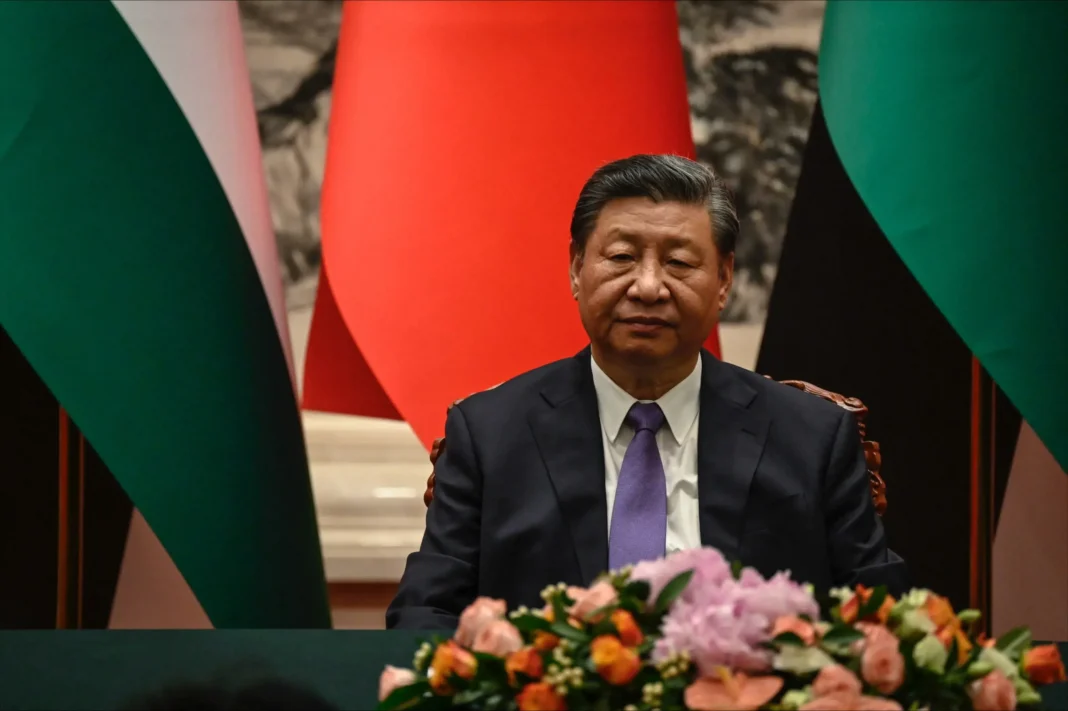Earlier this month Qu Dongyu was re-elected as the Director General of the Food and Agriculture Organization (FAO) of the United Nations. He was the lone candidate in the race. Qu was China’s Vice Minister for Agriculture before he took office in August 2019 and is credited with advancing China’s Belt and Road Initiative (BRI). His election that year, as later revealed, was the result of Beijing’s lobbying with many countries, particularly in Africa. Two African countries – Cameroon and Uganda, withdrew their candidacy after China cancelled debt and pledged investments in return. Several other countries were promised compensation in return for their votes.
The Chinese Director General of FAO has been in news again this year following joint reporting by German public broadcasters BR, MDR, rbb and SWR following a tip off from an FAO insider about how much the organization has changed since Qu took office. The reporting found that Qu has instrumentalised the FAO to serve Beijing and spent the last four years tailoring the agency to Chinese interests. Soon after Qu joined, he started linking the UN organization more closely with the Chinese leadership. A number of Chinese were appointed to important posts. When he joined the organization there were two directors but now there are six. Based on internal FAO documents, the reporting revealed that there is a special group of employees at the FAO headquarters in Rome who are on the payroll of Beijing, and who are supposed to strictly report to the Chinese Embassy in Rome about their work.
The findings revealed that among other things, Qu and his Chinese officers have been approving deliveries of controversial pesticides to Africa, Asia and Oceania. Many of these pesticides contain chemicals that are banned because of their toxicity and the bulk of the orders have been going to a subsidiary of a Chinese state-owned company. Qu has also been promoting the BRI through the agency’s flagship “Hand in Hand initiative” which seeks to bring investors together with countries looking for outside investments. As a part of this initiative, Qu has promoted investments in Sao Tome and Principe, strategically located islands on the Atlantic and also the setting up of a food hub at the Panama Canal. These projects would benefit Chinese companies.
There is no doubt that as China’s global position and clout has grown, its influence in international organizations has also grown, including its financial contributions. But what has been happening at the FAO is not just about profits for Chinese companies and advancing the BRI, it is also about changing the way international organizations function, the rules they make and the causes they support. Not so long ago, a Chinese official was appointed to the five-member Consultative Group of the United Nations Human Rights Council (UNHRC), a highly influential group that oversees the appointment of UN human rights rapporteurs, officials who are in charge of reviewing China’s human rights record in Xinjiang. The appointment was also made in the same year China significantly curtailed political freedoms in Hong Kong and was able to get the members of the UNHRC to make a declaration supporting its measures. In December last year, China was able to block a debate at the human rights body on a UN report that found that Beijing’s abuses against the Uyghur community constitute “crimes against humanity”. The report itself was published after a prolonged internal debate under tremendous Chinese pressure.
In 2020, China led four out of 15 specialized agencies of the United Nations. Today, the FAO is the only agency with a Chinese head. However, China has a large pool of officers in senior positions in various UN agencies and has also supported appointments of officials from proxy states. As of December 2022, Chinese officials occupied 30 top leadership positions across UN principal organizations, funds, specialized agencies and other entities. China also continues to flood the meetings of UN agencies that set standards, including the International Telecommunication Union (ITU), International Organization for Standardization (IOS), the International Civil Aviation Organization (ICAO) and the International Maritime Organization (IMO).
At the ITU, which issues hundred of new standards, including on 5G and “Internet of Things” that are used in everyday life, China sends huge delegations of over 600 persons, outnumbering any other country in the meetings or deliberations. China also subsidizes the participation of non-governmental organizations like businesses and academic institutions with instructions that they should block consensus to force the ITU to endorse Beijing’s preferred standards on issues such as 5G coding. Last year, China was re-elected as an ITU Council Member, which is one of the two governing bodies of the organization that oversees its operations, supervises its work and manages its finances. At the ICAO, a body that adopts codes, conventions and guidelines governing procedures and practices on air traffic, the Chinese Secretary General from 2015 to 2021, blocked Taiwanese participation, concealed Chinese cyber-attack on the organization and undermined accountability.
China is now vying for the leading position at the International Maritime Organization (IMO), which sets standards for the safety and security of international shipping and worldwide shipping regulations including maritime related legal issues such as compensation, liability and facilitation of sea traffic. The agency will elect a new Secretary General on July 18, 2023. China is among the seven countries with candidates in the race. Last minute drop outs cannot be ruled out, given China’s record of compensation for votes. If the candidate from Beijing wins, China will be in a position to dictate domestic rules of member countries on decarbonization and air pollution, rules that could impact maritime movement in strategic locations such as the Straits of Malacca and the South China Sea apart from influencing how the organization handles reports of IUU and exploitative fishing. Once in office, the Chinese candidate could also place more Chinese in top leadership positions just like this colleague at FAO.

